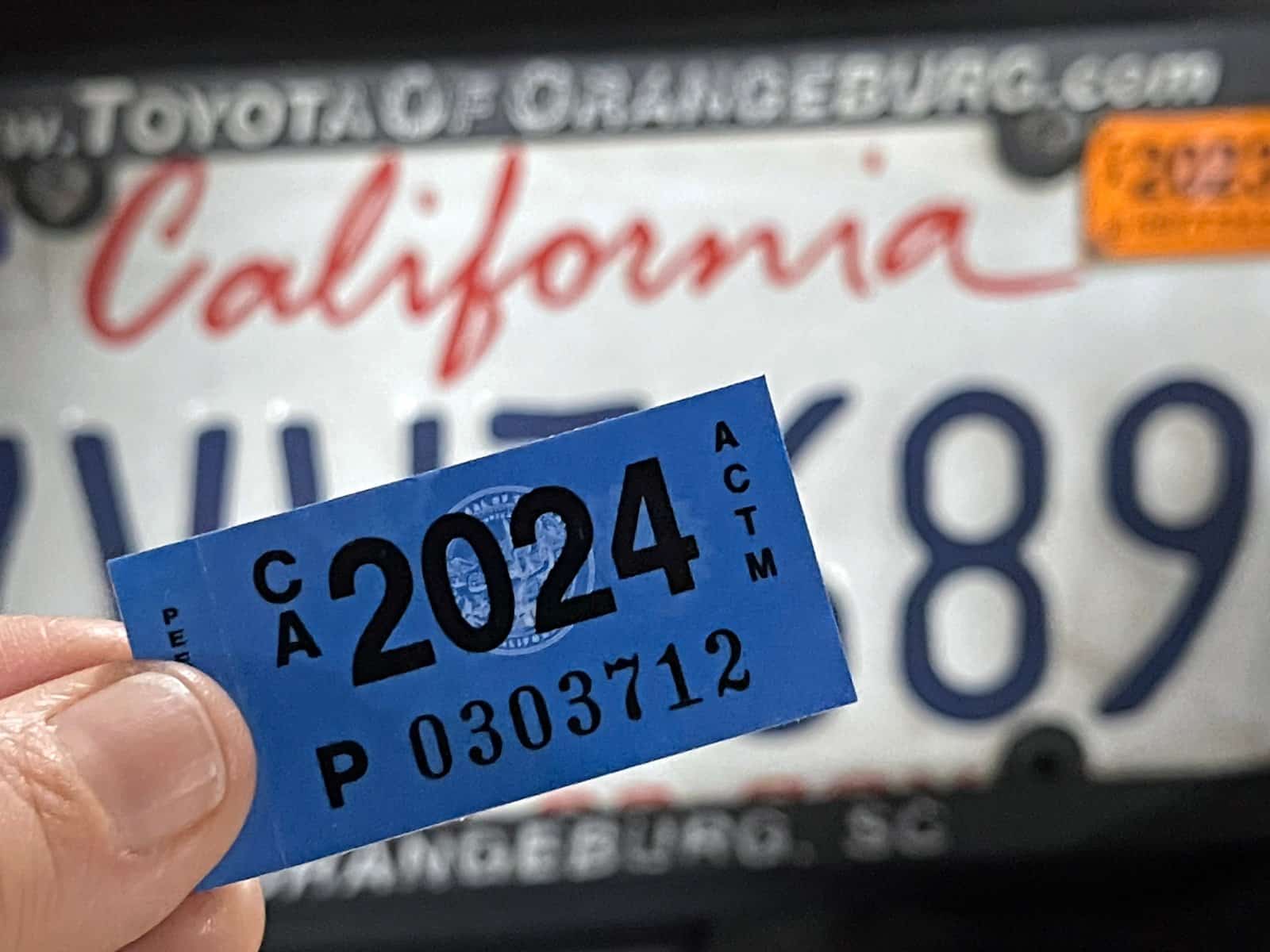A Texan nonprofit has issued a warning over a recent government decision that could leave kids across The Lone Star State with empty bellies.
Hunger Looms for Texas Kids

Summer is just around the corner, and for many kids in Texas that means facing an all-too-familiar struggle: hunger. When schools close, the free and reduced-price meals that millions of children rely on disappear, leaving parents struggling to fill the gap.
Vanishing Vital Meals

2.6 million Texas kids eat free or low-cost lunch, and 1.6 million get school breakfast every day. But when school’s out these essential meals disappear, and families are left to fend for themselves.
The Summer Meal Shortage

Every Texan, a nonprofit organization that investigates food inequality and healthcare access across the state, has issued a warning about the government’s recent decision to opt out of the Summer Electronic Benefit Transfer (EBT).
School’s Out, Hunger’s In

According to Every Texan, for every 100 kids who get lunch during the school year, only 4.6 manage to get a meal in the summer.
Rural Strain

It’s a crisis that hits rural and suburban areas the hardest, where there’s often no access to summer meal sites and no school buses to help get them there.
The Summer Meal Shortage

Texas does have a law requiring high-poverty school districts to offer summer meals for at least 30 days, but many smaller districts simply can’t afford to run these programs, leaving kids without food for the rest of the summer.
Summer EBT Opt-Out

The EBT program is a federal initiative designed to help low-income families feed their kids when school is out. This program offers families EBT cards loaded with funds to buy healthy food.
Texas Turns Down $450 Million in Food Aid

But Texas has chosen not to participate this year, turning down a huge $450 million in federal food aid. Every Texan worked out that this decision affects up to 3.7 million children who could have benefited from this support.
The Economic Impact

Turning down the Summer EBT program doesn’t just mean more hungry kids - it also means missing out on a statewide economic boost.
A Costly Decision

The USDA estimates that every dollar spent on SNAP generates $1.50 to $1.80 in local economic activity. By opting out, Texas is losing out on an economic impact estimated between $675 million and $810 million.
What’s Going On?

So, why did Texas opt out? According to the Texas Health and Human Services Commission (HHSC), it was because the USDA only gave Texas six months to get the program operational - which wasn’t anywhere near enough time, according to a spokesperson for the HHSC.
Summer EBT Success

The USDA has been piloting Summer EBT programs since 2011 and has found that they decrease the number of kids experiencing very low food security (kids missing meals because their families couldn’t afford food) by one-third.
Ignored Benefits

They’ve also seen that families using Summer EBT can afford better quality food, and children end up eating more fruits, vegetables, whole grains, and dairy while consumption of sugary drinks drops.
Strain on Community Resources

Without Summer EBT, community resources like food banks and social services are left to fill the void, stretching their already limited resources to breaking point.
Impact on Children of Color

Every Texan has pointed out that the situation is even more critical for children of color, who often face higher rates of food insecurity and poverty due to widespread racial inequalities.
The Ripple Effect:

Every Texan has warned that children of color are hit hardest by the state opting out of EBT. They already face higher rates of food insecurity and poverty due to systemic racism, and without Summer EBT, these issues only get worse.
A Barrier to Health and Education

Food insecurity can affect everything from health to education, making it even harder for these kids to catch up.
Looking for Solutions

Other states that have opted out of the Summer EBT program, like Louisiana and Iowa, are already looking for alternatives to support their kids.
Feeding the Future

They’re funneling more funds to food banks to increase feeding sites throughout their cities, trying to make sure their kids don’t go hungry.
23 Steep Taxes Adding to California Residents’ Burden

California: a place of sunshine, innovation, and, unfortunately, some of the nation’s highest taxes. From LA’s beaches to Silicon Valley’s tech hubs, residents grapple with a maze of state taxes. Here’s a glance at 23 taxes that might surprise both Californians and outsiders. 23 Steep Taxes Adding to California Residents’ Burden
Cash in on Nostalgia: 21 Toys Now Worth a Fortune

Time to dust off the boxes and find that once-cherished toy from your childhood. For collectors and enthusiasts, these items have become valued objects, and they can be worth big bucks – are there any of these in your attic? Cash in on Nostalgia: 21 Toys Now Worth a Fortune
Millennials Don’t Buy These 19 Products Anymore

Millennials are changing consumer habits, quietly replacing once-staple products and traditions. Often criticized for their disruptive preferences, this generation is reshaping the marketplace with digital expertise, ethical buying, and a taste for the unconventional. Millennials Don’t Buy These 19 Products Anymore
Featured Image Credit: Shutterstock / Pixel-Shot.
The content of this article is for informational purposes only and does not constitute or replace professional financial advice.
